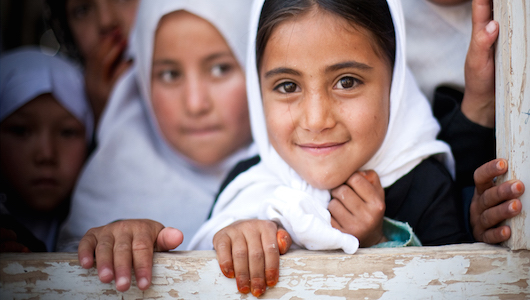What it Means to Educate the World

Teach the world. Fix its problems. Seems like pretty simple logic.
However, advocacy for education around the world may seem like a broad scope, and many times the necessity of “spreading education” comes across so vague that it gets lost in the web of international aid “talk”. In order to understand the importance of education and creating more opportunities for education around the world, everyone should know some of the educational programs being created around the world. Here are a few just to start the long list!
Health Education: Rampant spread of disease is a significant concern in many developing nations around the globe. Many illnesses in poorer regions of the world are preventable and treatable, yet people in said communities continue to suffer. Health education is instilled in many countries, teaching many about general health and sexual health. HIV/AIDS in particular, remains a main focus for many international aid organizations, and by teaching safe sex practices and overall safer health practices, there will hopefully be an end to the spread of these deadly illnesses. To learn more about these kinds of organizations, go to www.planusa.org.
Economic Education: Instead of simply giving money to poor communities, it is important to also teach sustainable and smarter economic practices in order to assure more long-term effects from international aid efforts. Certain education advocacy groups go into poor communities in other countries, teaching small business owners and families more efficient strategies of economics and savings. This not only builds up said business, but also puts more money in the homes and to the families of the small communities, and moreover stimulates the overall economy. To learn more about these types of programs, go to www.trickleup.org.
Women’s Education: Educating and empowering women around the world is a huge objective in many international education programs. Many women in developing nations experience extreme oppression, and in many cases, abuse. By educating women, in particular skills and safer health practices, they are given more of ability to be independent, and are less likely to stay in circumstances in which they are abused. To see more about these types of programs go to www.learningpartnership.org.
Education covers a number of interests and fields, especially when dealing with international aid and relief organizations. By educating the world, we do more than teach people how to read and write. Education is matter of sustainable living, health, success and happiness.
– Alexandrea Jacinto
Sources: Learning Partnership, Plan USA, Trickle Up Organization
Photo: World Vision
